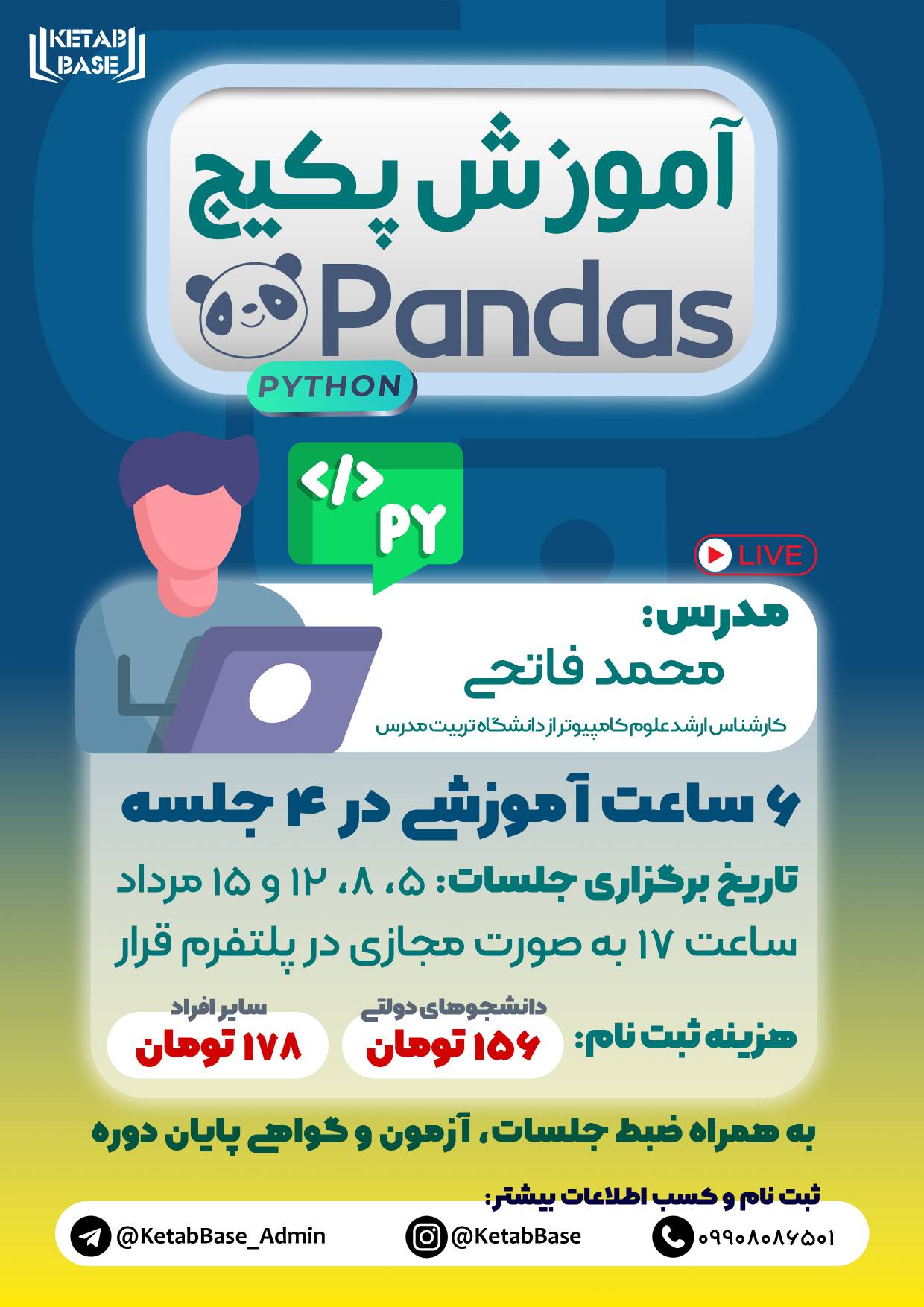

videocast number: 003
Article title: Integrating and synthesising technostress research: a meta-analysis on technostress creators, outcomes, and IS usage contexts
Journal: European Journal of Information Systems
Publisher: Taylor & Francis
Authors: Nastjuk et al. 2024
URL: https://www.tandfonline.com/doi/full/10.1080/0960085X.2022.2154712
Podcast Script
Mahsa Torabi:
mahsa Torabi: Hello everyone, and welcome to the third episode of Ketabbase, your go-to podcast for diving deep into fascinating information science articles. I’m your host, Mahsa Torabi, and today we have an intriguing topic lined up for you. We’ll be discussing an insightful piece of research titled “Integrating and Synthesising Technostress Research: A Meta-Analysis on Technostress Creators, Outcomes, and IS Usage Contexts.” So, grab your coffee, get comfortable, and let’s explore the world of technostress together!
Mahsa Torabi: First things first, what exactly is technostress? Technostress is a term that describes the stress we experience due to our interactions with technology. It’s often considered one of the “dark sides” of technology use, though it can also have positive effects, known as eustress. Imagine trying to keep up with a never-ending stream of emails, messages, and notifications—that’s technostress in action.
This article, authored by Ilja Nastjuk, Simon Trang, Julius-Viktor Grummeck-Braamt, Marc T. P. Adam, and Monideepa Tarafdar, aims to untangle the complexities of technostress through a comprehensive meta-analysis. They’ve analyzed data from 102 articles, which include 113 independent studies with nearly 50,000 observations. That’s a lot of data, and it gives us a pretty clear picture of how technostress affects us.
Mahsa Torabi: Let’s break down some key findings from this research. Firstly, the study confirms that technostress has significant negative impacts on both psychological and behavioral outcomes. This means it can affect how we feel—our stress levels, our satisfaction—and how we behave—our productivity, our commitment.
The researchers identified five primary “technostress creators”: techno-complexity, techno-invasion, techno-insecurity, techno-overload, and techno-uncertainty. These factors describe different ways technology can overwhelm us. For example, techno-complexity refers to the frustration we feel when technology is too complicated, while techno-overload is the stress of having too much to do because of technology.
Mahsa Torabi: One fascinating aspect of this study is the distinction between psychological and behavioral outcomes. Psychological outcomes, such as stress and exhaustion, are more immediate and pronounced compared to behavioral outcomes like productivity. This insight suggests that the mental health effects of technostress need more attention, as they can significantly impact our overall well-being.
Another critical point is the context of technostress. The study highlights how technostress affects both organizational settings—like workplaces—and private settings, such as our use of social media or smartphones. The researchers found that while the factors creating technostress are consistent across different contexts, the impact can vary.
Mahsa Torabi: Now, let’s talk about the practical implications of this study. For organizations, understanding these technostress creators can help in designing better work environments. Reducing techno-overload by managing the flow of information, or addressing techno-complexity by simplifying systems, can lead to happier, more productive employees.
On a personal level, being aware of technostress can help us manage our own technology use more effectively. Setting boundaries for when and how we use technology, and taking breaks to disconnect, can reduce the negative impacts of technostress.
Mahsa Torabi: To wrap things up, this meta-analysis offers a thorough look at the causes and effects of technostress. It underscores the importance of addressing both the psychological and behavioral impacts and highlights the need for tailored strategies to mitigate technostress in different contexts.
Thank you for joining me today on Ketabbase. I hope you found this discussion on technostress as enlightening as I did. If you enjoyed this episode, be sure to subscribe and leave us a review. And as always, keep exploring, keep questioning, and stay curious!
Mahsa Torabi: This is Mahsa Torabi, signing off. Until next time!

تیم کتاببیس، با نام شرکت دانشمحور مهراد در شهریور 1401 به طور رسمی در سازمان ثبت شرکتها با شناسه 72125 ثبت شد. این تیم متشکل از دانشجویان و فارغالتحصیلان رشته علم اطلاعات است که با توجه به دانش خود در زمینههای مرتبط به اطلاعات، شامل تحلیل داده، مشاوره اطلاعاتی، برنامهنویسی و تولید محتوا مشغول به فعالیت هستند.
شما نیز با پیوستن به این تیم، میتوانید در حوزههای مرتبط با رشته علم اطلاعات فعالیت داشته باشید.